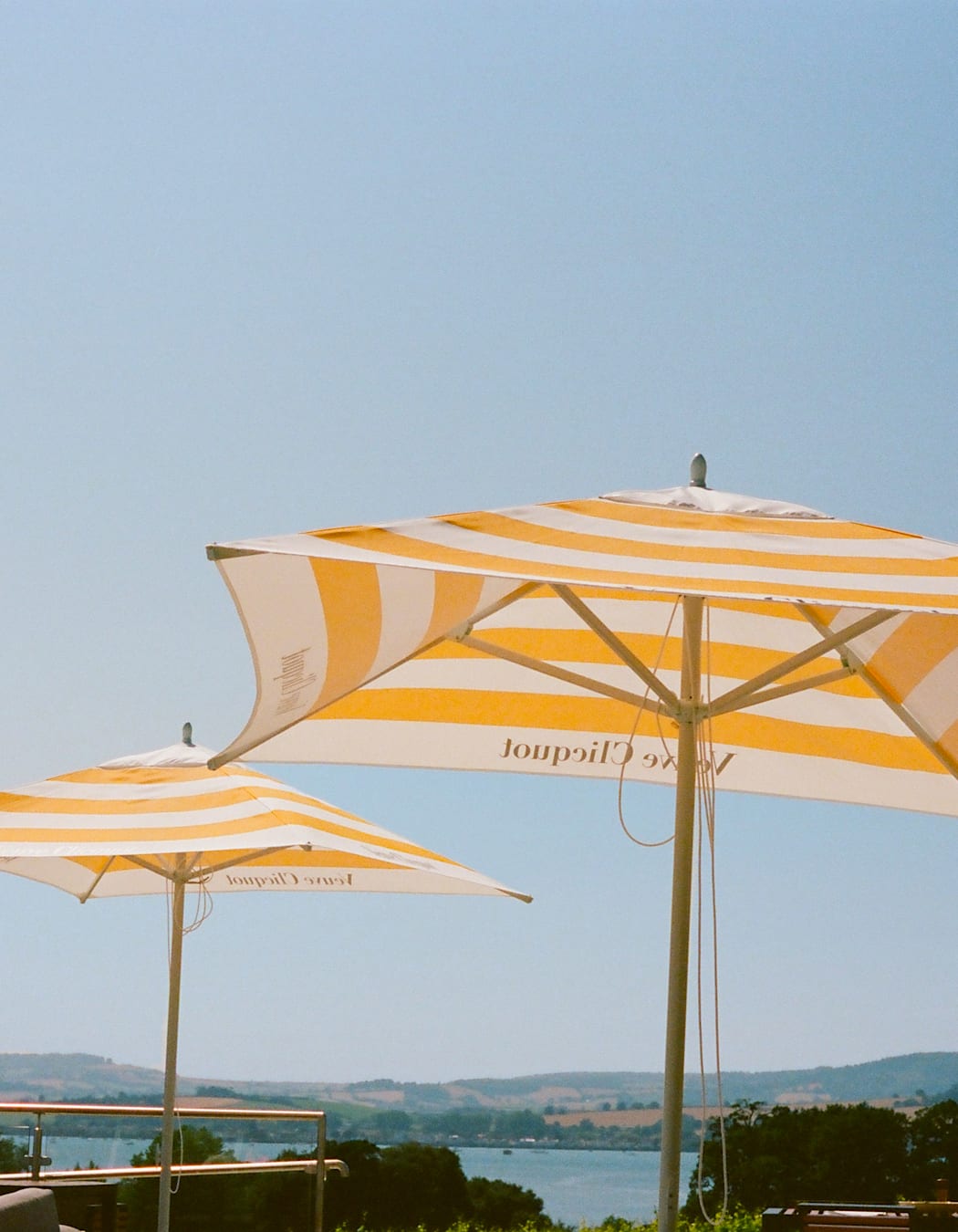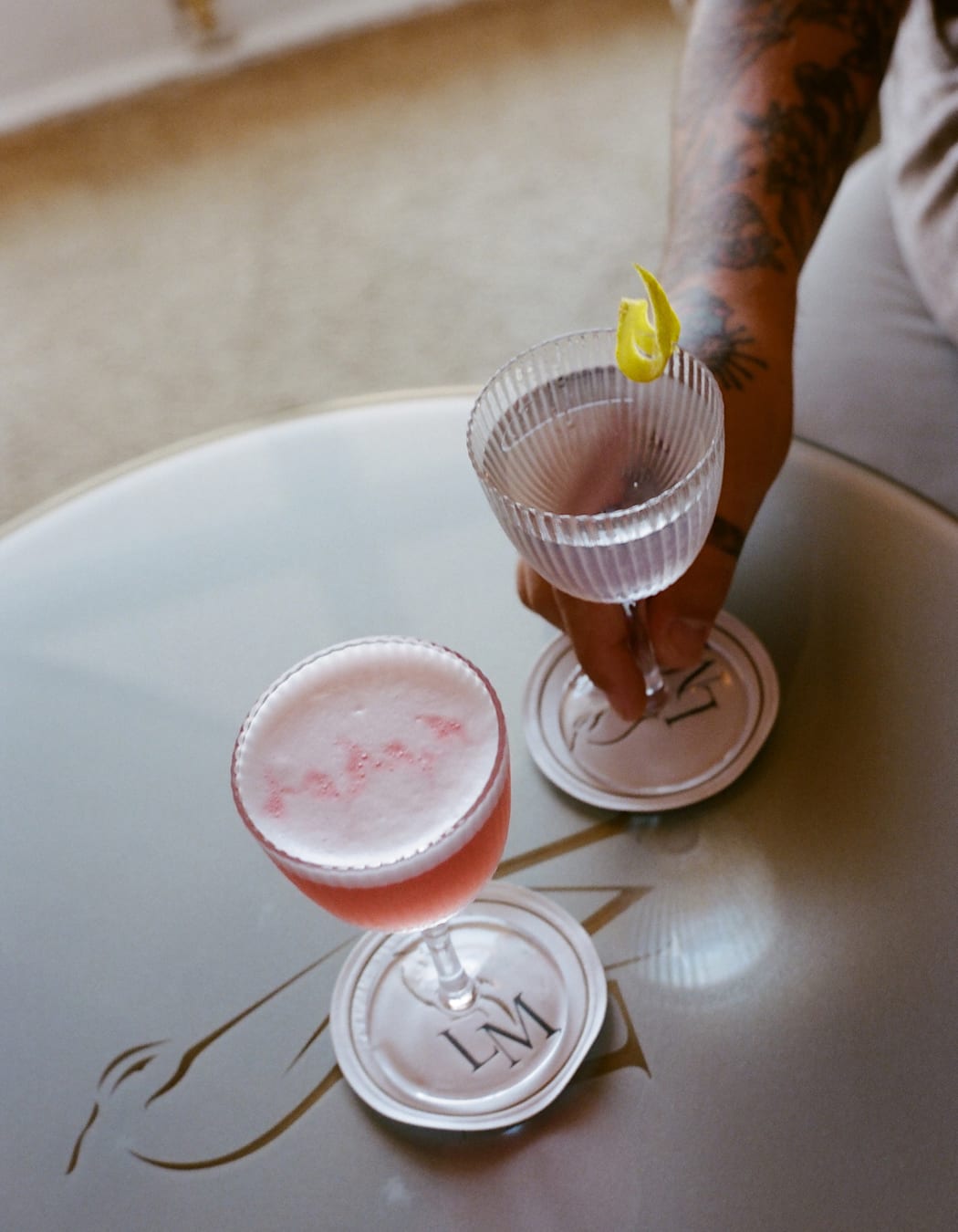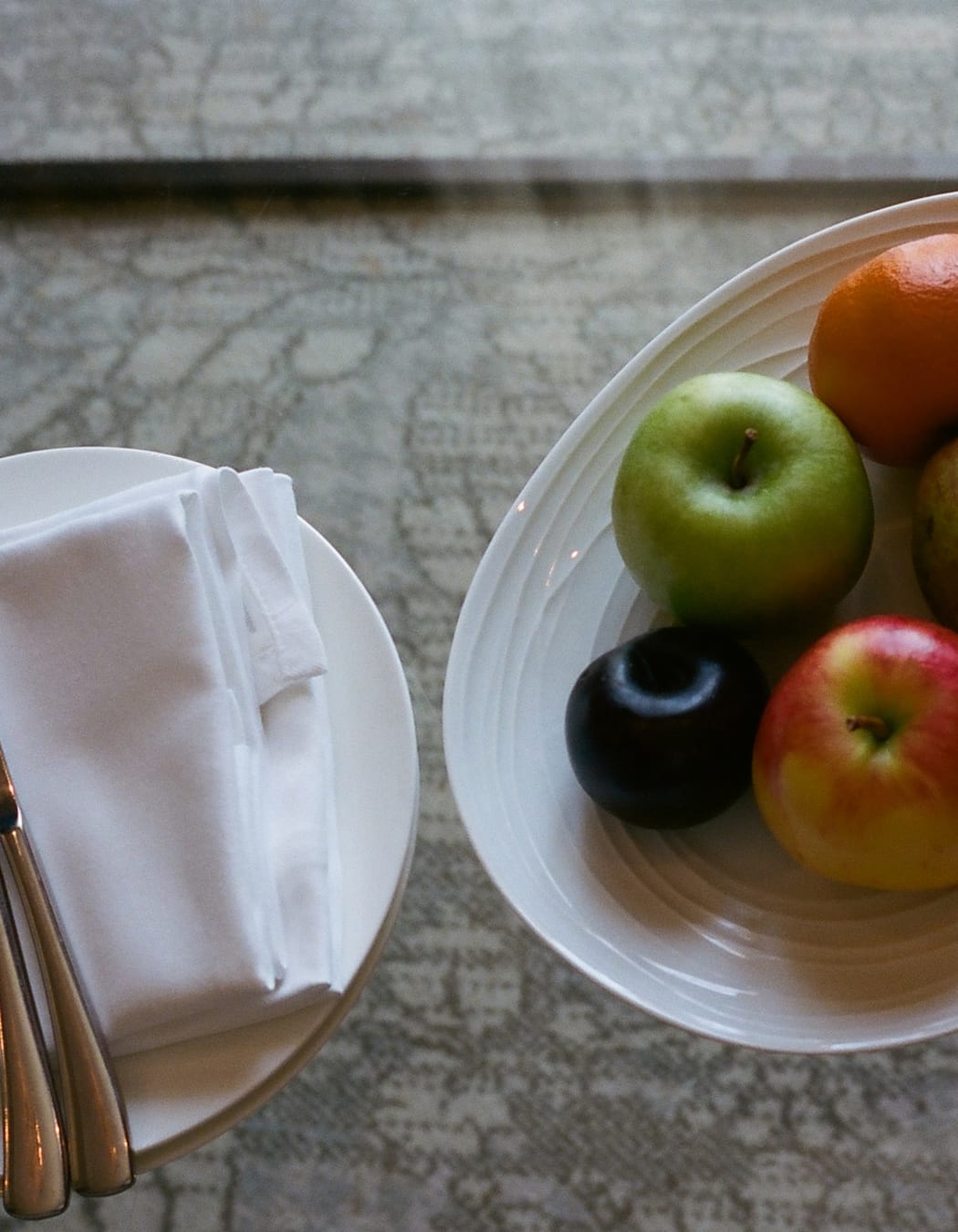Teal, turquoise, marigold yellow: the apartment blocks lining the marina pop with paintbox brights, while the gleaming yachts tethered below bob on gently lapping waves. At the far end of the boardwalk, people are tucking into hand-churned gelato and knocking back Aperol spritzes on a sun-kissed terrace. Am I in Portofino, perhaps? Or some French Riviera resort? Think again: this is Exmouth, East Devon.

When I was growing up in the area, this was a traditional buckets-and-spades town. Sticks of rock, soggy pasties, tired arcades — you get the idea. Eating out around here (a rarity in itself) meant visiting a quaint tearoom, chip shop or musty pub. Of course, these spots still exist, but lately, an influx of gourmet options with a more outward-looking ethos has been shaking things up. It’s happening all along the River Exe estuary, which meanders its way from Exeter some eight miles inland and spills out into the Channel at Exmouth Beach. Micro-breweries, coffee roasteries and artisanal chocolatiers now rub shoulders with antiques shops and fishermen’s cottages. Order a glass of Devon’s finest and these days you’re as likely to receive an award-winning sparkling wine as a pint of scrumpy.
One key figure driving this transformation is the Devon-born chef Michael Caines. At first glance, his Lympstone Manor hotel is your classic country pile — a handsome Regency villa the colour of Devon cream, surrounded by manicured lawns. Then you realise 11 acres of those grounds, unfurling down to the riverbank, are in fact covered by a vineyard. Back in 2018, Caines planted some 17,500 vines — mostly pinot noir, chardonnay and meunier — and the resulting fine wines are now raking in the accolades, including Gold and Best in Show by Country at the 2024 London Wine Competition. There’s a classic cuvée made in the traditional Champagne method; Isabeau, a pale, bone-dry Provençal-style rosé; and the light, fruity triassic made from 100% pinot noir. Just this spring, to mark the hotel’s seventh birthday, it added a barrel-fermented chardonnay, a eau de vie (an aromatic fruit brandy created from the grape pomace remaining after winemaking), and a gin to the line-up. Miniature bottles of the latter appear in each guest room, accompanied by Luscombe tonic, for mixing into a complimentary G&T welcome drink.

Overlooking the vines, Lympstone Manor’s recently opened restaurant-bar the Pool House brings Soho House-esque airs to the sleepy East Devon coast. As well as being open to hotel guests, there’s a membership option for locals who wish to spend their summers lounging around the heated outdoor swimming pool and lunching in the sleek, glass-fronted restaurant beside it — a more casual alternative to the hotel’s Michelin-starred fine-dining restaurant. Another more recent addition to the grounds is a smattering of bijou shepherd’s huts with outdoor fire pits and soaking tubs – some also have golden roll-top baths fitted inside, for extra smugness — which seemingly target a younger, cooler audience than the main manor house.
Continue to Topsham, the next village along the Exe’s easterly banks, and you’ll hit another foodie mecca: Darts Farm. Once a simple, one-note farm shop, the site has dramatically diversified over the past few years, gaining everything from a fancy Japanese coffee-roasting machine to a wellness spa, bean-to-bar chocolate making to a cidery, and – yep, you guessed it — a vineyard. The food hall alone would put any West London department store to shame, crammed with artisanal producers’ stands and seasonal veg displays. On the calendar of gourmet events, take your pick from a gut health and fermentation workshop, cheese club, community apple-pressing sessions in the autumn, or a 10-course one-off tasting menu centring on one unlikely hero ingredient: tinned fish. ‘We try to create theatre everywhere,’ says George Dart, a third-generation member of the family who owns the store.
Speaking of food theatre, Topsham neighbour the Salutation Inn kicks off its seafood supper clubs in the restaurant’s on-site fishmongers, giving diners an immersive talk on all things shellfish as they tuck into their amuse-bouche and Lyme Bay brut. Last year, this little village of just 4,000 residents welcomed its first micro-brewery tap room, the Old Fire Station, with street-food trucks out front providing sustenance alongside its 20 in-house beers; and the South West Pizza Co, which tops its pillowy sourdough bases with charcuterie from Topsham-based Good Game and fior di latte mozzarella from neighbouring Somerset.

Such ingredients are a reminder that East Devon’s new culinary cool isn’t a case of blindly aping the Med. Instead, it’s about taking inspiration from the way that culture prizes fresh, seasonal, high-quality ingredients, and applying this to our own produce. Think local pork cheek cured into salami or air-dried into guanciale by Good Game; or gelato made from the milk of cattle that graze on the West Country’s notoriously lush countryside. Nor is the area’s emergence as a staycation hotspot so unprecedented, it turns out. Taking to Exmouth’s ‘healing waters’ was recommended by King George III’s personal physician, prompting fashionable 19th-century wellness seekers to flock there. I’m not sure whether sampling the new wave of local wines, sourdough pizzas and pâtisserie treats would exactly fit doctor’s orders, but it’s certainly an appealing way to fill a weekend, and all less than a three-hour train ride from London.
Cream of the crop: browse our full collection of Devon hotels
All imagery by photographer Daniella Maiorano



